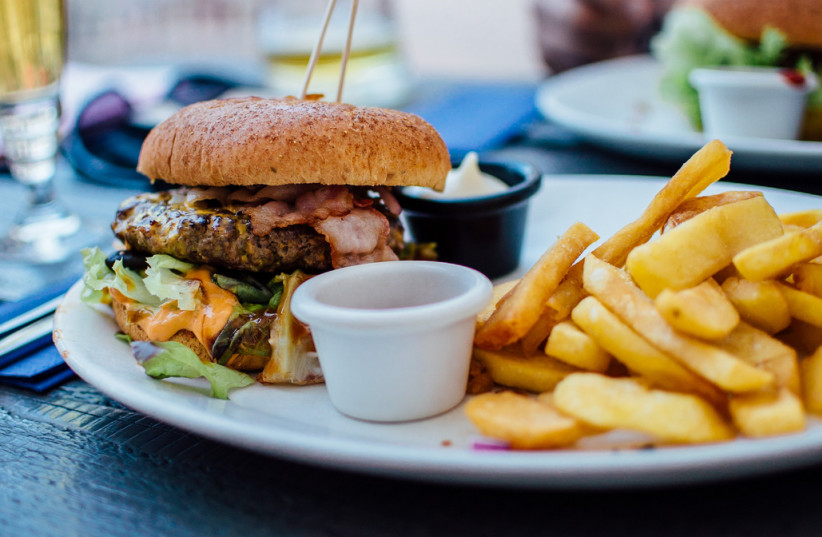Few people can resist crisp french fries and chips, but not many know that potatoes stored in cold temperatures and then dunked in hot oil can be harmful to health and even carcinogenic. Potato (Solanum tuberosum) is the third most important food crop in the world.
In a breakthrough for the snack food industry, a team of scientists led by Michigan State University (MSU) Prof. Jiming Jiang and Prof. David Douches has discovered a key mechanism behind the darkening and potential health concerns associated with cold-stored potatoes.
Can french fries stay in your diet?
Their findings, just published in the journal The Plant Cell, hold promise for the development of potato varieties that could be stored under cold temperatures and lead to healthier and tastier chips and fries.
These snacks have a market worth billions of dollars in the US alone.
In Michigan — the nation’s leading producer of potatoes for chips – the potato industry is valued at $240 million annually. In Israel, french fries are the most popular accompaniment to schnitzel and other dishes.

But farmers can’t grow the crops year-round, and snack makers need a constant supply of fresh spuds to meet their demands. Preserving potatoes in cold storage ensures chip and fry producers have what they need, but the low temperatures also trigger a process called cold-induced sweetening (CIS), which converts starches to sugars.
Processing tubers loaded with sugars results in darkened fries and chips. It also generates acrylamide, a carcinogenic compound formed during high-temperature processing that has been linked to health concerns, including an increased cancer risk.
Although there are techniques to reduce sugars in cold-stored tubers, these add cost and can affect the flavor of the final product. So Jiang and his colleagues have focused on the root of the problem to work toward potatoes that aren’t affected by CIS, to begin with.
A new approach to the potato problem
“We’ve identified the specific gene responsible for CIS and, more importantly, we’ve uncovered the regulatory element that switches it on under cold temperatures,” explained Jiang, an MSU researcher who has studied potatoes for two decades in the plant biology and horticulture department. “By studying how this gene turns on and off, we open up the possibility of developing potatoes that are naturally resistant to CIS and, therefore, will not produce toxic compounds.”
To overcome one of the most pressing issues in the potato industry, Jiang started his work at the University of Wisconsin-Madison to minimize acrylamide in potato chips and fries.
There, Jiang and his team published a paper in 2010 identifying a key gene responsible for potato CIS. Moving to MSU seven years ago, Jiang and his team worked to pinpoint which elements of that gene could be modified to stop the process of cold-induced sweetening.
Jiang’s research team used a combination of gene expression analysis, protein identification, and enhancer mapping to pinpoint the regulatory element controlling the CIS gene.
“MSU’s collaborative research environment and facilities, including the world-class potato breeding program led by David Douches, were instrumental for this research,” Jiang said. “Our next steps involve using this knowledge to create CIS-resistant potato lines through gene editing or other breeding techniques in our greenhouses.” Douches put into practice a technique Jiang developed to stop CIS through gene editing.
The potential benefits of this research extend beyond improved snack food quality. Reducing acrylamide formation in potatoes could have implications for other processed starchy foods.
Additionally, cold-resistant potatoes could offer greater flexibility in storage and transportation, potentially reducing food waste and costs. Jiang believes the new CIS-resistant potatoes could be commercially available in the near future.
“This discovery represents a significant advancement in our understanding of potato development and its implications for food quality and health,” Jiang said. “It has the potential to affect every single bag of potato chips around the world.”
